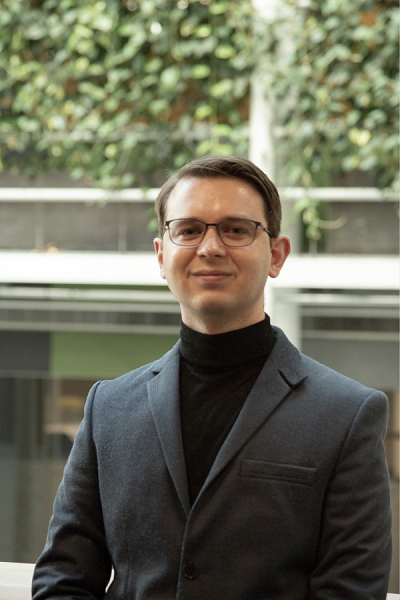Towards the New Abnormal by Rumen Rachev

LOCKDOWN THEORY #27
The stress test of institutions and infrastructures in 2020 shows more than ever what our capabilities are and what we are all capable of achieving in times that call for new abnormalities, since what was constituted as “unusual” and “abnormal” before is now being adopted as daily life practices (excessive washing of hands, paranoia about germs, keeping social distancing, etc). It is no longer a problem that you are too paranoid or reclusive to engage with the public; now the problem is that you are not paranoid or reclusive enough to stay away from others. Whoever is up there as the big Other witnessing us at the moment might find future predicaments quite fascinating to speculate about and act upon.
There will not be a “back to normal” period. Rather, the current times put into question what we as humans through daily enactment of rituals and practices considered to be “normal,” and what the norms are now that are structuring what we are experiencing as normality. What is going to happen from here onwards is the redefinition and search for the new abnormal, rather than looking for the same old conditions that structured our normality (e.g., commuting to work, socializing with others, working towards saving for vacation) when one cannot even go outside any more.
We need a new abnormal paradigm to set the parameters in search for better abnormalities (not in the sense of being more productive, as tools for market profit, but “better” as in going further than the simple dichotomy between norms and the estrangement from norms). What was once considered unusual and abnormal, now through the stress test of the current global crises shows that it has been adapted as a new normal scenario. We are heading towards a time for redefining and reshaping what may constitute as a living experience. These new abnormalities are not something that needs to be expelled and that will threaten the destruction of “normal life,” but something that will reshape altogether what in the first place was considered normal and how this normality has been normalizing us over time. Nothing is normal per se; normality needs to be normalized in each and every moment.
What is important to acknowledge here is that it is not the suffocation from the abnormality that we have to worry about; it is the drive to return to some form of normal, without considering how abnormality is already at the core of what structures our “normal” experience in the first place. That is to say, do not try to normalize by simply “fighting against” or “coping with” the new abnormalities; instead try to rethink one’s own position of what you may consider normal in the first place and why we cling so hard to norms and staying “on the right track” of things. Nothing is right when you cannot even imagine the possibility of a left turn.
Rumen Rachev is a PhD Candidate in Art and Design at Auckland University of Technology (AUT), New Zealand. His field of research includes: media and performance studies, critical theory and continental philosophy, and institutional critique of academic labour.








